In a bid to cushion the effects of food shortages and inflation triggered by flooding and climate change, the International Monetary Fund (IMF) has advised the Nigerian Government to use the money being spent on petrol subsidy to assist vulnerable households.
The Director, African Department, IMF, Abebe Aemro Selassie, who made the call at a media briefing in Washington, emphasized that petrol subsidies benefit wealthier families and households more than poorer households.
Persecondnews recalls that IMF in May this year disclosed that Nigeria’s subsidy bill would hit N6 trillion by end of 2022.
Speaking on available options to the federal government in terms of support for vulnerable households, Selassie said: “Nigeria could have benefited even more if there were more targeted ways of supporting people rather than the generalised fuel subsidies that are being used at the moment.
“So, oil prices have gone up quite significantly, but the amount of resources that are accruing to the budgets, to external accounts have been very circumscribed as a result of the very generalised subsidy that the country has.
“I think we have been long on record, flagging that generalised subsidies like this one are extremely costly, and secondly, they’re extremely regressive.
“So, they support families and households that are richer more than they do poorer households.
“A better policy in our view would be to find a way to redirect these resources to the most vulnerable households and supplement that with investments in health and education that Nigerians so desperately need.”
“Ultimately, it is a political decision for Nigeria, and if that is how the country decides how resources should be used, that’s how it will be used.
“But you know, our role here is to flag that there are better options that could be done where economic efficiency could be facilitated in Nigeria,” Selassie said.






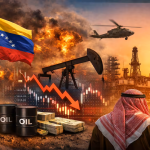
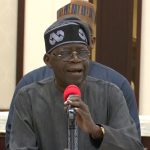

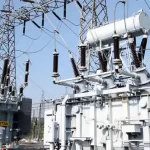

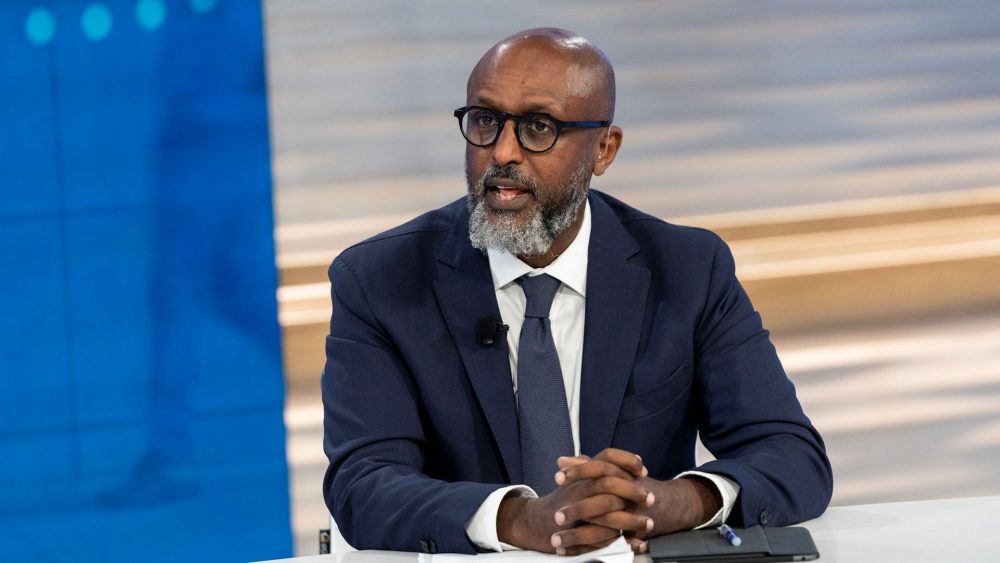

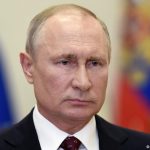
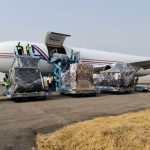
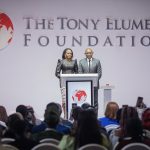


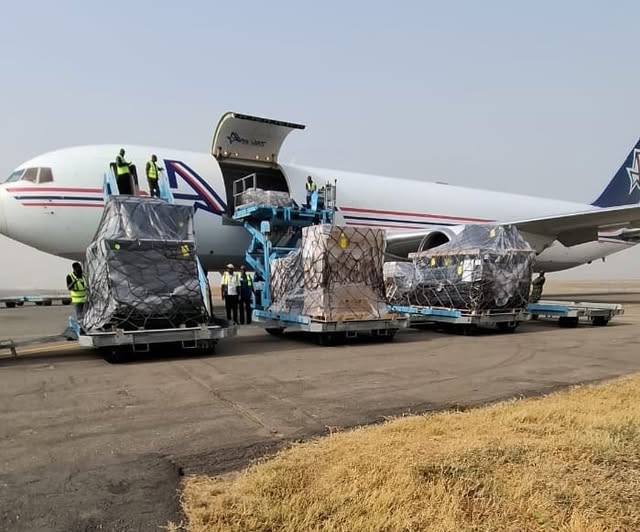
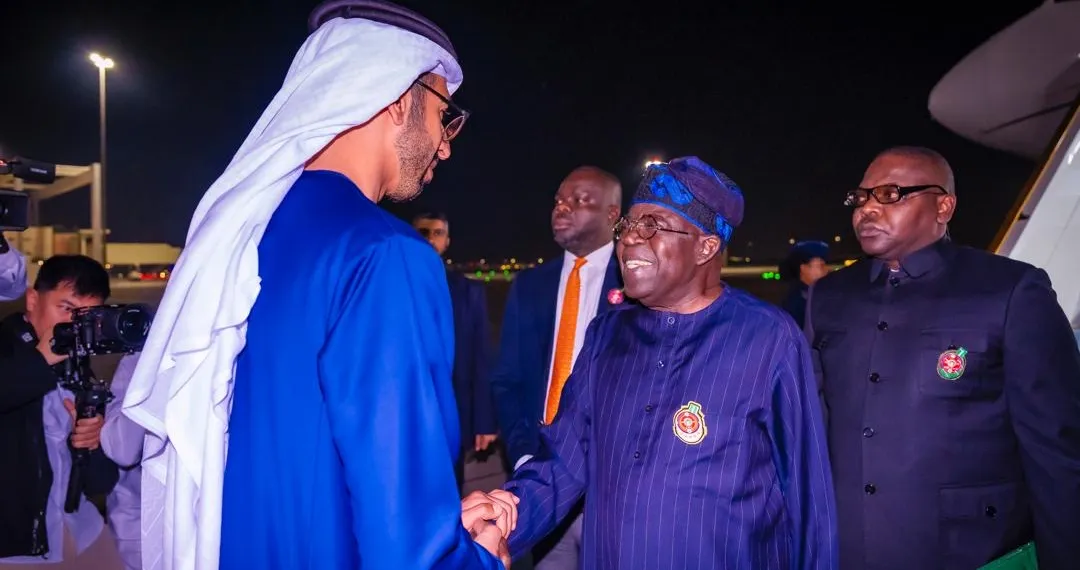
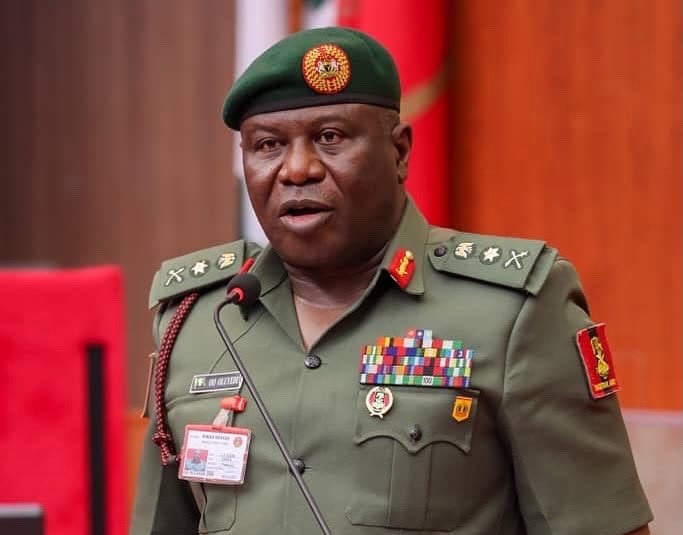
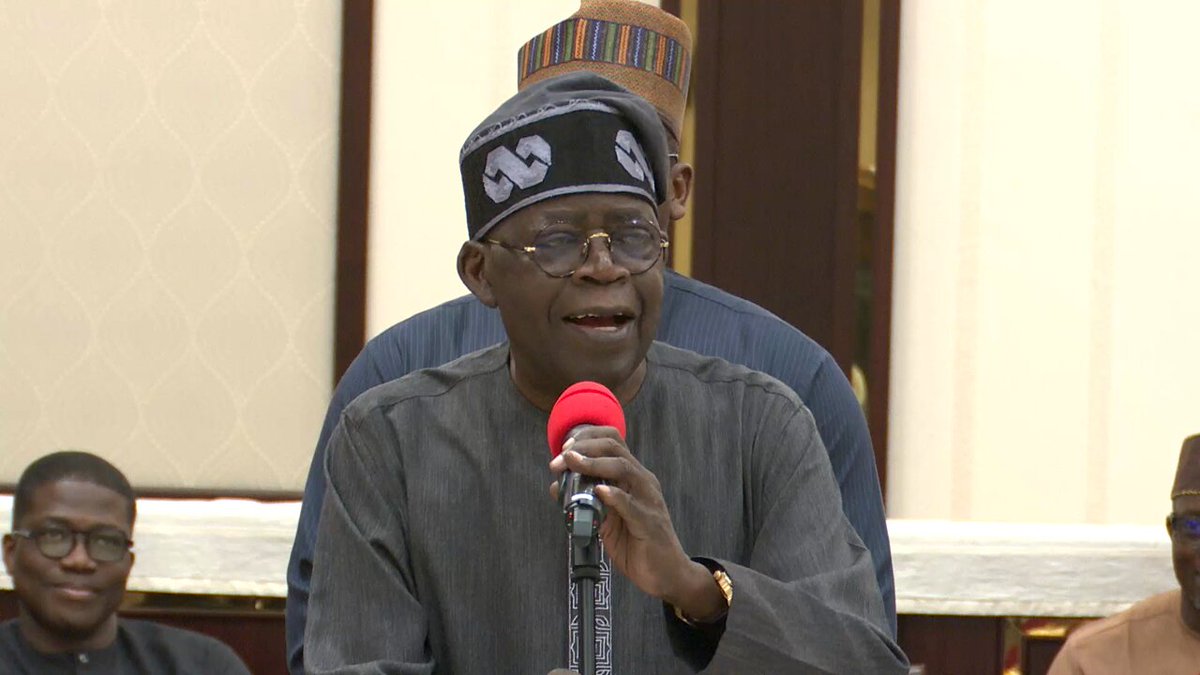
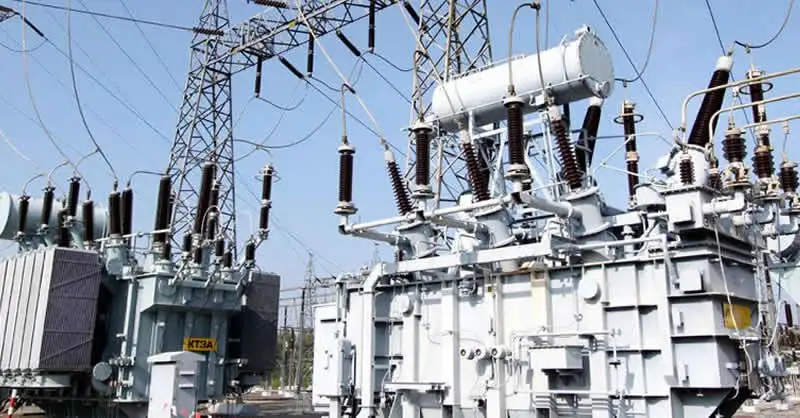



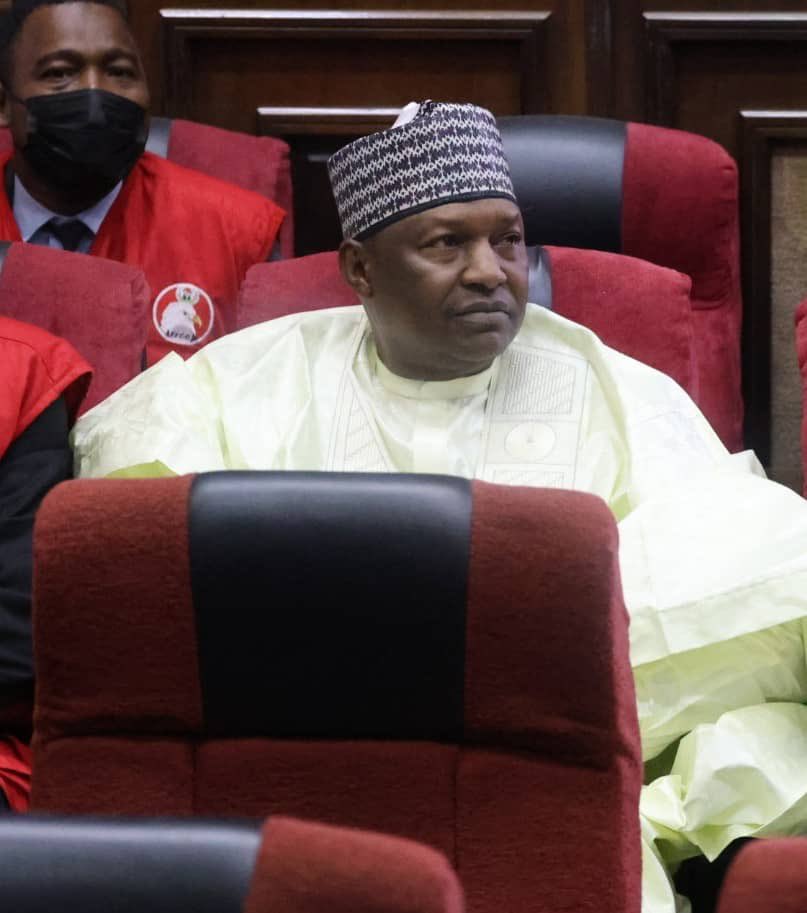


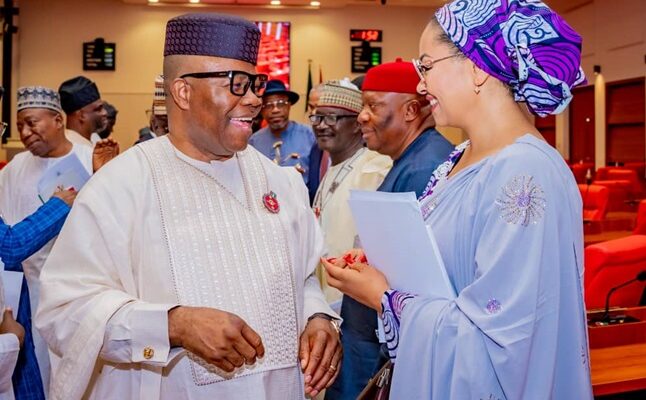

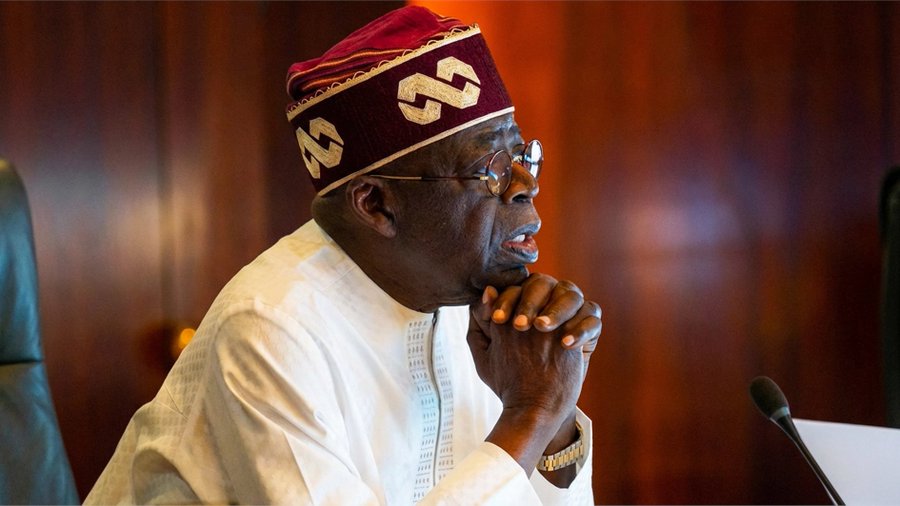



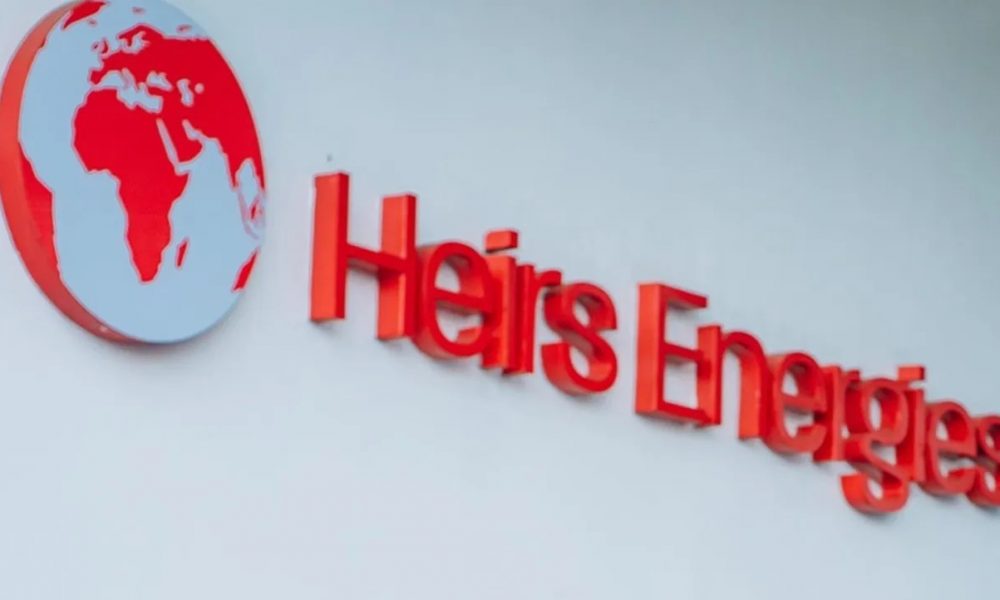

Leave a comment